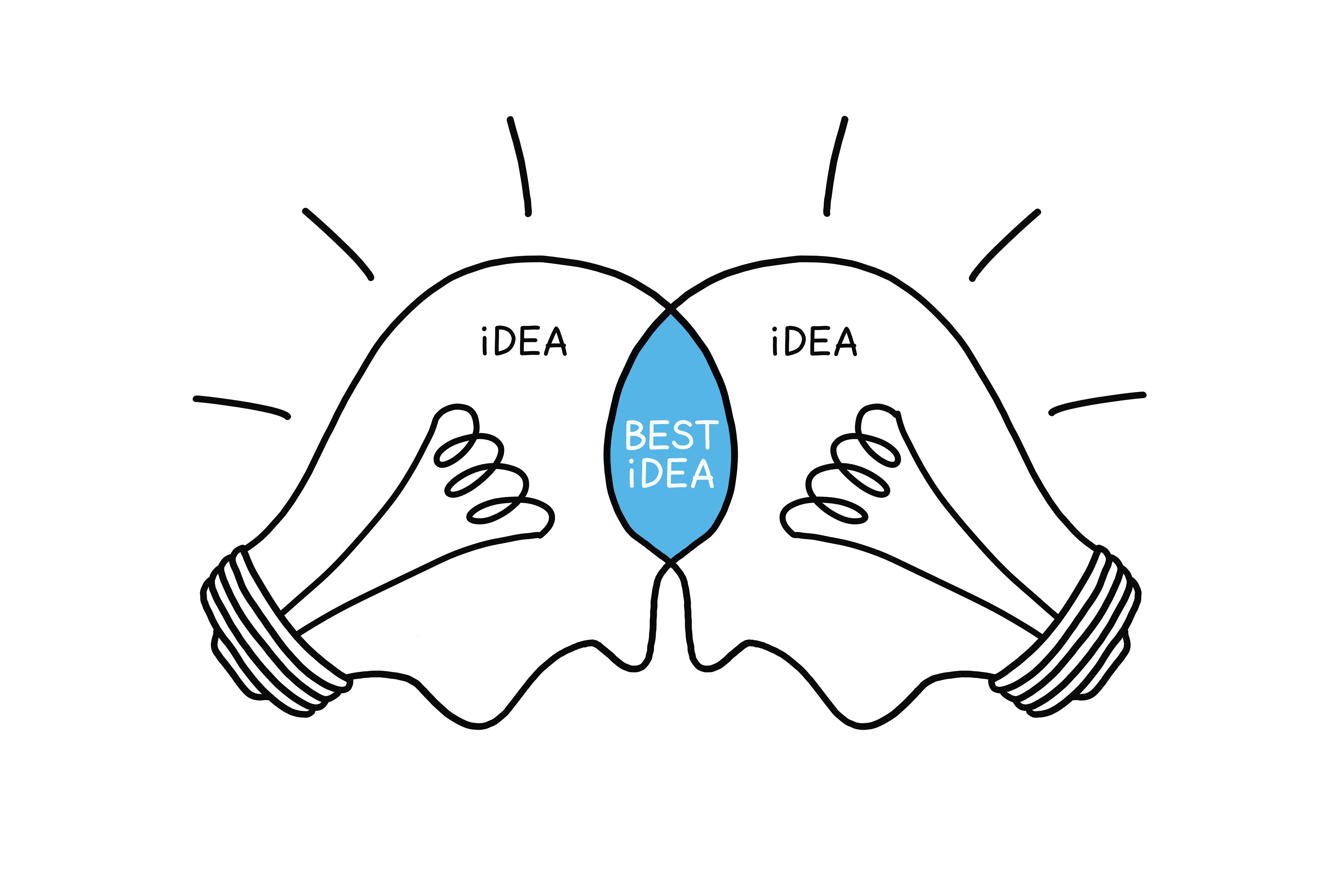The Importance of Collaboration
-
Mohamed Msaad
- 16 Jun, 2025
- 01 Min read

The Importance of Collaboration
In digital team dynamics, a curious paradox emerges: the more innovative the product, the more it risks fragmentation between misaligned visions. This isn’t about blame—it’s about divergent paths struggling to converge.
The Unspoken Weight of Words
Developers often hold lateral knowledge: technical limits, realistic timelines, alternative solutions. Yet their feedback is frequently treated as technical data rather than design input.
- Neutral example: "That animated button would require 3 additional days of work" isn’t a rejection—it’s an invitation to reassess feature priorities.
Design Between Idealism and Reality
Designers (thankfully) dream freely, but when user experience becomes a monologue rather than a dialogue, risks arise.
- Metaphor: Like an architect who ignores engineers, we risk designing stairways to heaven… with no structure to support them.
Breaking the Deadlock: We Need a Translator
No one is wrong, but the process could evolve:
- Neutral tools: Constraint-based workshops ("How would we solve X with just 2 dev days?") to spark co-creation.
- Data as a bridge: A/B test micro-interactions proposed by developers ("What if we tried their Plan B?").
Conclusion
Collaboration mirrors open-source code: it thrives when everyone can commit. Perhaps the real user pain point to solve is ourselves—when we forget that every role is a piece, not a boss.


